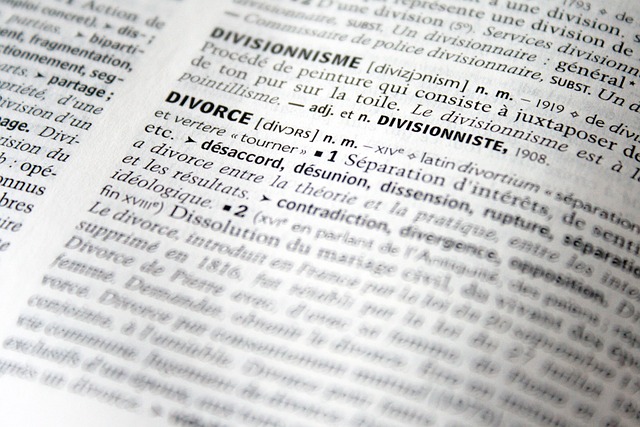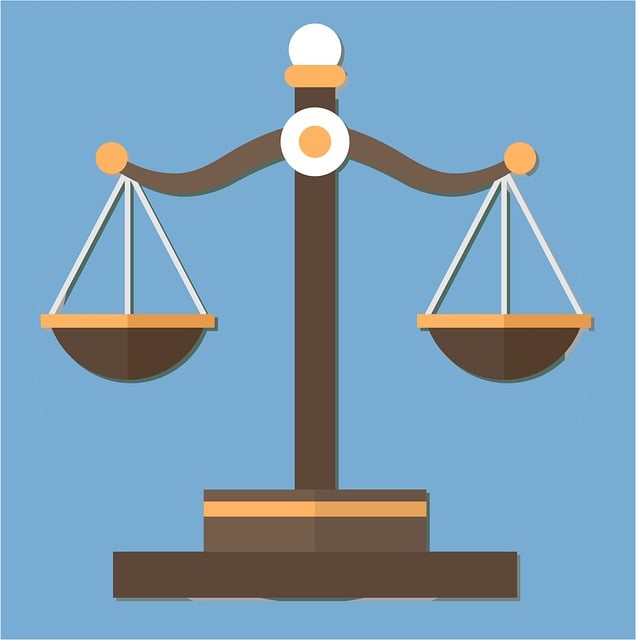Financial Services Regulatory Enforcement Actions (FSREA) are a vital component of criminal law enforcement in the complex financial services industry, tackling vulnerabilities like investment fraud and money laundering. FSREA employ investigative and enforcement processes, targeting corporations and individuals, to disrupt criminal networks and protect consumers. They ensure compliance with legal frameworks through scrutiny of financial records, fines, license revocations, and other penalties for violations such as fraud, money laundering, and regulatory breaches. Notable cases demonstrate the significant impact of FSREA, acting as deterrents while fostering integrity within the financial sector.
Criminal law enforcement plays a pivotal role in safeguarding the financial services industry from criminal activities, ensuring stability and public trust. This article delves into the intricate world of financial services regulatory enforcement actions, exploring how understanding criminal law is essential for navigating this sector’s unique vulnerabilities. We examine the powers of key regulatory bodies, common enforcement measures against institutions and individuals, and significant case studies, providing a comprehensive overview of this dynamic field.
- Understanding Criminal Law Enforcement: Its Role and Scope in Financial Services
- Financial Services Industry: A Vulnerable Sector for Criminal Activities
- Regulatory Bodies and Their Powers: Ensuring Compliance and Deterring Crime
- Common Enforcement Actions Against Financial Institutions and Individuals
- Case Studies: Notable Enforcement Cases in Financial Services Regulation
Understanding Criminal Law Enforcement: Its Role and Scope in Financial Services

Criminal law enforcement plays a pivotal role in Financial Services Regulatory Enforcement Actions, ensuring integrity within the industry. Its scope extends far beyond traditional criminal investigations; it involves intricate financial crimes like fraud, money laundering, and corruption. This branch of law is tasked with upholding ethical standards by investigating and prosecuting individuals and entities that violate these regulations, thus maintaining public trust.
The process encompasses all stages of the investigative and enforcement process, from initial complaints to complex jury trials. An unprecedented track record of successful prosecutions has been achieved, showcasing the effectiveness of these measures in deterring financial crimes. Through rigorous examinations, investigators uncover illicit activities, revealing the intricate web of fraud or money laundering schemes. This comprehensive approach not only penalizes offenders but also strengthens the overall resilience of Financial Services against criminal exploitation.
Financial Services Industry: A Vulnerable Sector for Criminal Activities

The financial services industry, with its complex web of transactions and vast sums of money, unfortunately makes it a prime target for criminal activities. From investment fraud to money laundering, criminals exploit the sector’s intricate nature to evade detection and cause significant economic harm. This is why Financial Services Regulatory Enforcement Actions have become a critical component in maintaining integrity within the industry.
Enforcement agencies play a vital role in all stages of the investigative and enforcement process, targeting both corporate and individual clients. By thoroughly examining financial records, tracking suspicious transactions, and gathering evidence, they aim to disrupt criminal networks and hold perpetrators accountable for their actions. These measures not only protect consumers but also strengthen the overall resilience of the financial sector against malicious activities.
Regulatory Bodies and Their Powers: Ensuring Compliance and Deterring Crime

Regulatory bodies play a pivotal role in criminal law enforcement, particularly in the realm of financial services. These organizations are tasked with ensuring compliance with intricate legal frameworks designed to deter and prevent financial crimes. Their powers extend to investigating suspected violations, issuing warnings, and taking enforcement actions such as fines or license revocations. One notable example is the Financial Services Regulatory Enforcement Actions, which have become increasingly sophisticated in their approach to combating fraud and corruption.
These regulatory bodies act as a deterrent by regularly monitoring industry practices and examining financial transactions. They scrutinize activities for any signs of unethical behavior or non-compliance with laws, such as money laundering, securities fraud, or tax evasion. When irregularities are found, the body can take swift action to avoid indictment of individuals or organizations, focusing on educating and guiding them towards compliance instead. This proactive approach not only helps in maintaining the integrity of financial systems but also provides general criminal defense mechanisms for those who cooperate and rectify their practices.
Common Enforcement Actions Against Financial Institutions and Individuals

In the realm of Financial Services Regulatory Enforcement Actions, institutions and individuals face a range of measures when found non-compliant with laws designed to protect consumers and maintain market integrity. Common enforcement actions include administrative fines, temporary or permanent licensing suspensions, and orders to cease and desist certain practices. These penalties are often meted out for violations related to white collar and economic crimes, such as fraud, money laundering, and breach of regulatory requirements.
For individuals, the consequences can be severe, ranging from monetary penalties and community service to more grave outcomes like jail time and a complete dismissal of all charges. In cases where the evidence is compelling and the offenses significant, defendants may face jury trials to determine their guilt or innocence. This ensures a robust legal process that aims to balance accountability with fairness in addressing financial crimes.
Case Studies: Notable Enforcement Cases in Financial Services Regulation

Financial Services Regulatory Enforcement Actions have gained significant attention due to their impact on both industries and individuals. Case studies of notable enforcement cases offer valuable insights into the strategies and outcomes of such actions. One prominent example involves a leading financial institution accused of fraud and misconduct in its investment practices. Through robust investigations, regulatory bodies secured evidence of systematic deception, resulting in a landmark settlement that included a complete dismissal of all charges for the company, setting a precedent for future high-stakes cases.
These enforcement actions often involve complex legal battles, with many reaching resolution through negotiations or, in some instances, jury trials. The consequences can be severe, leading to substantial fines, business restructuring, and reputational damage. However, they also serve as deterrents, encouraging adherence to regulatory standards and promoting integrity within the financial sector.
Criminal law enforcement plays a pivotal role in safeguarding the financial services industry from various criminal activities. By understanding the scope and vulnerabilities, regulatory bodies employ powerful tools to ensure compliance and deter potential crimes. This article has explored key aspects, including common enforcement actions against institutions and individuals, as well as notable case studies. In light of these insights, enhancing Financial Services Regulatory Enforcement Actions is crucial for maintaining integrity within the industry and fostering public trust in financial markets.






